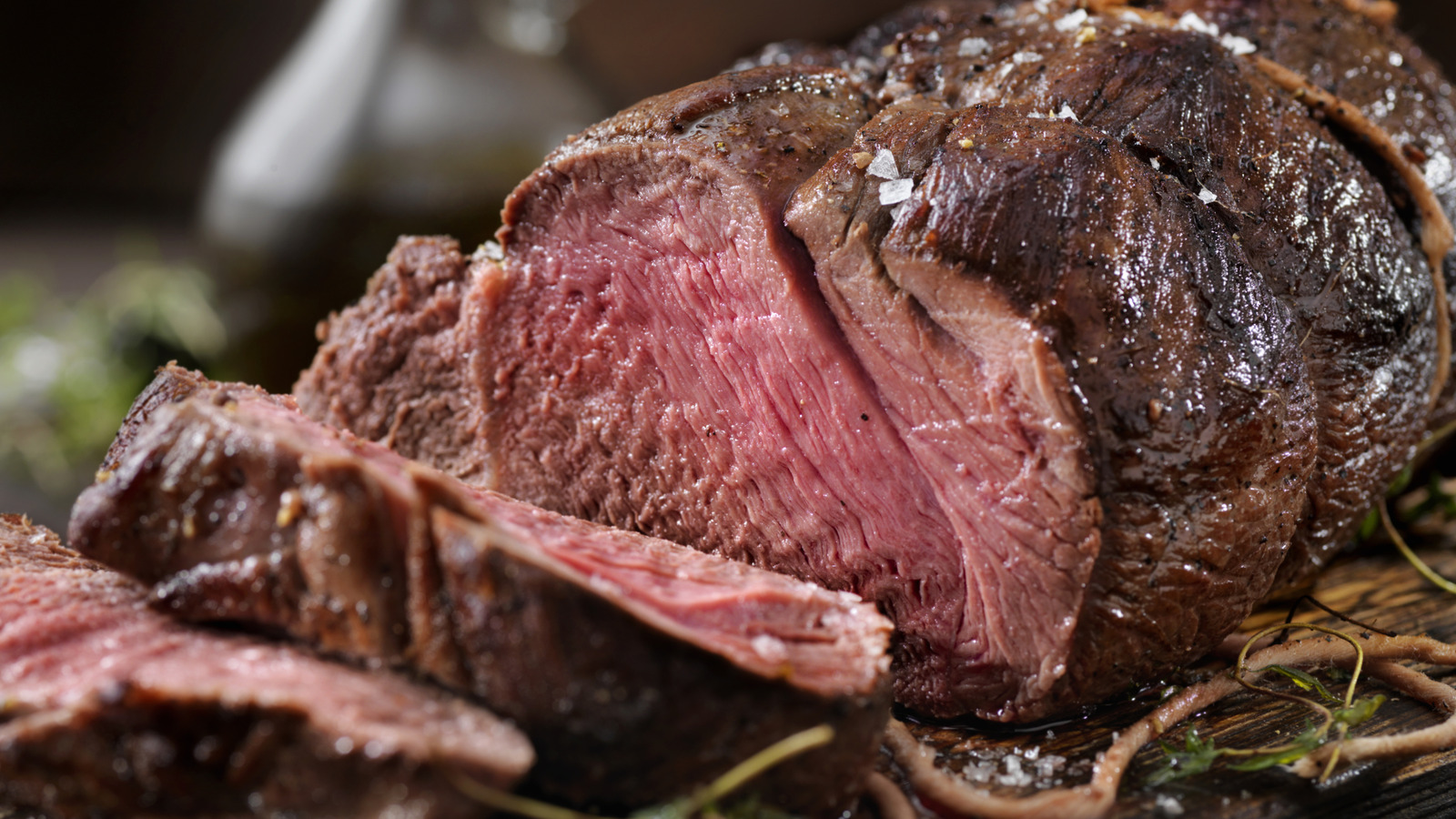
""destroy muscle fibers, resulting in a tough, leather-like chew.""
""Slow roasting prime rib cooks the meat more evenly and allows muscle fibers and collagen time to break down gently, so your end result is tender, juicy rib meat, rather than dense, dry jerky,""
""The only way to slow roast something is with low temperature over a long duration.""
High oven temperatures can cause uneven cooking and a gray exterior on prime rib and can destroy muscle fibers, producing a tough, leather-like chew. Slow roasting at a low temperature allows muscle fibers and collagen time to break down gently, yielding tender, juicy rib meat rather than dense, dry jerky. Aim for about 225°F for slow roasting and expect roughly 30 to 35 minutes per pound at that temperature. Use a meat thermometer and pull roast when it reaches about 125°F for medium-rare. High heat should be reserved for reverse searing or when cutting the roast into steaks.
Read at Tasting Table
Unable to calculate read time
Collection
[
|
...
]